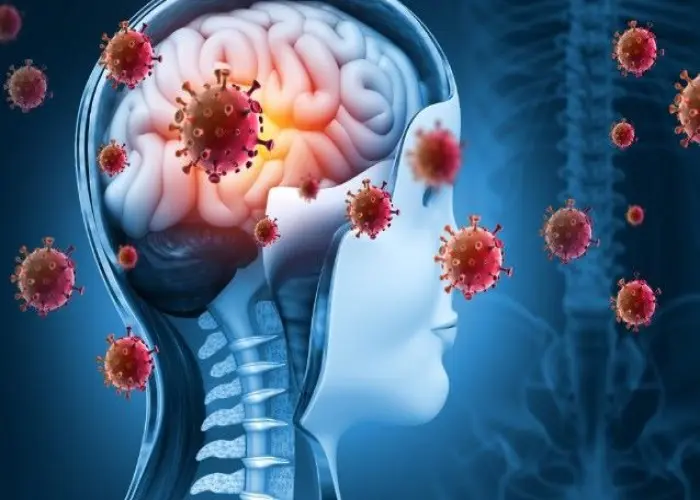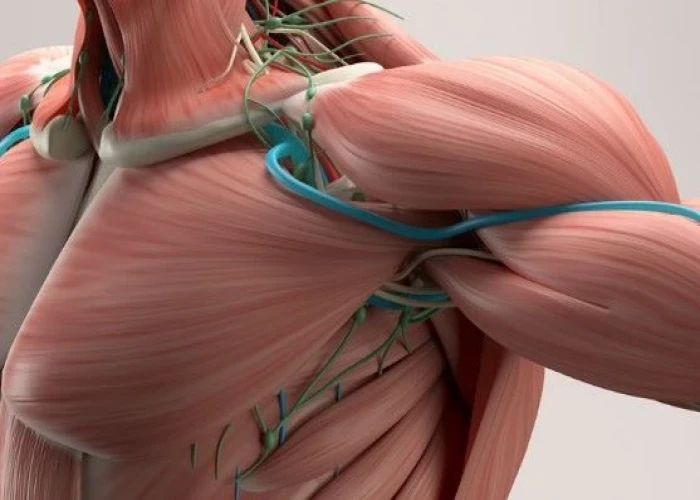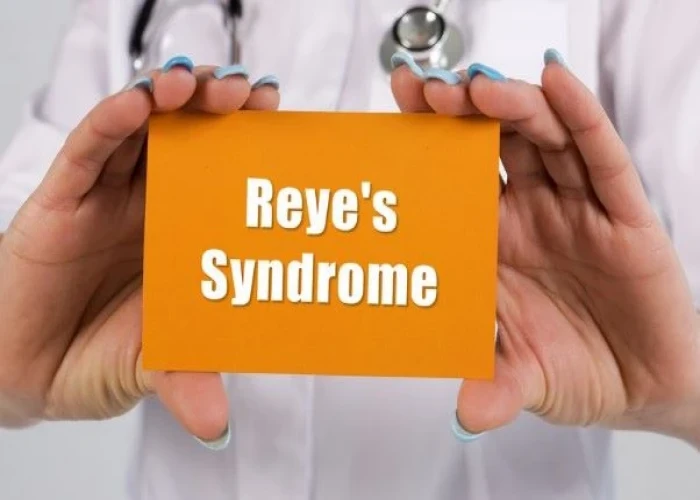 Welcome
Welcome
“May all be happy, may all be healed, may all be at peace and may no one ever suffer."
Transient global amnesia

Transient global amnesia (TGA) is a type of temporary memory loss that can last for several hours. It is a rare condition that most commonly affects middle-aged or older adults, and it is not associated with any long-term cognitive decline.
During an episode of TGA, a person may suddenly become disoriented and have difficulty remembering recent events, while retaining older memories. The person may repeatedly ask the same questions or appear confused. The episode typically resolves within a few hours, and the person usually regains normal memory function.
The cause of TGA is not well understood, but it is believed to be related to a temporary disruption of blood flow to the hippocampus, a part of the brain that is important for memory processing. Factors that may trigger an episode of TGA include physical or emotional stress, exposure to cold water, or sudden changes in altitude.
Diagnosis of TGA involves ruling out other possible causes of memory loss, such as stroke or seizure, through physical and neurological exams, imaging tests, and other diagnostic procedures.
Treatment for TGA typically involves managing any underlying conditions that may have triggered the episode, such as stress or high blood pressure. In most cases, no specific treatment is needed, as the memory loss is temporary and does not cause any long-term cognitive impairment.
Preventing TGA is difficult, as the exact cause of the condition is not known. However, managing stress and maintaining a healthy lifestyle may help to reduce the risk of TGA and other health problems that can affect memory and cognitive function.
Research Papers
Disease Signs and Symptoms
- Memory loss
Disease Causes
Transient global amnesia
The underlying cause of transient global amnesia is unknown. There appears to be a link between transient global amnesia and a history of migraines, though the underlying factors that contribute to both conditions aren't fully understood. Another possible cause is the overfilling of veins with blood due to some sort of blockage or other abnormality with the flow of blood (venous congestion).
While the likelihood of transient global amnesia after these events is very low, some commonly reported events that may trigger it include:
- Sudden immersion in cold or hot water
- Strenuous physical activity
- Sexual intercourse
- Medical procedures, such as angiography or endoscopy
- Mild head trauma
- Acute emotional distress, as might be provoked by bad news, conflict or overwork
Disease Prevents
Transient global amnesia
Because the cause of transient global amnesia is unknown and the rate of recurrence is low, there's no real way to prevent the condition.
Disease Treatments
No treatment is needed for transient global amnesia. It resolves on its own and has no known lasting effects.
Disease Diagnoses
Disease Allopathic Generics
Disease Ayurvedic Generics
Disease Homeopathic Generics
Disease yoga
Transient global amnesia and Learn More about Diseases

Encephalitis

Rubella

Toxoplasmosis

Pseudocholinesterase deficiency

Nephrogenic systemic fibrosis

Broken foot

Reye's syndrome

Arteriovenous malformation
transient global amnesia, ট্রানজিয়েন্ট গ্লোবাল অ্যামনেসিয়া
To be happy, beautiful, healthy, wealthy, hale and long-lived stay with DM3S.
